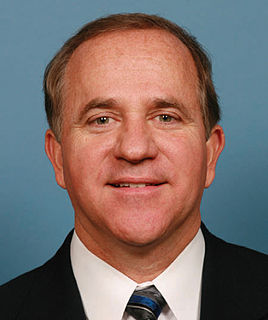A Quote by Carol Browner
Choosing the most fuel-efficient vehicles within a class can save drivers at least $1,500 in fuel costs and avoid more than 15 tons of greenhouse gas pollution over the life of the vehicle, as well as help reduce dependence on foreign oil.
Related Quotes
Subsidies for the oil, gas and coal industries are projected to cost taxpayers more than $135 billion in the coming decade. At a time when scientists tell us we need to reduce carbon pollution to prevent catastrophic climate change, it is absurd to provide massive subsidies that pad fossil-fuel companies' already enormous profits.
We know, at least, that this decision (ending factory farming) will help prevent deforestation, curb global warming, reduce pollution, save oil reserves, lessen the burden on rural America, decrease human rights abuses, improve publish health, and help eliminate the most systematic animal abuse in history.
Natural gas obviously brings with it a number of quality-of-life environmental benefits because it is a relatively clean-burning fuel. It has a CO2 footprint, but it has no particulates. It has none of the other emissions elements that are of concern to public health that other forms of power-generation fuels do have: coal, fuel oil, others.

































